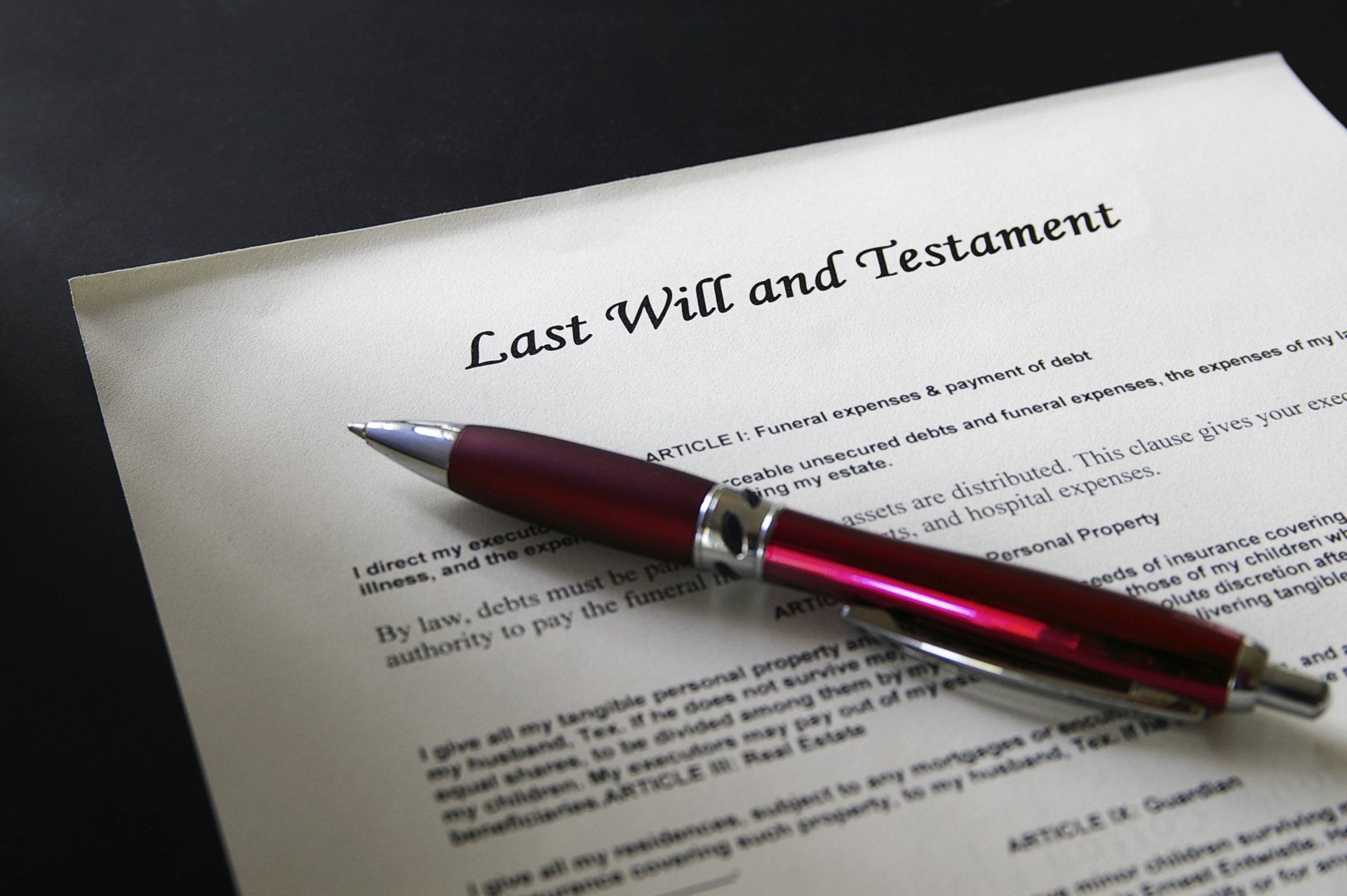ADDRESS: 3900 Newpark Mall Road 3rd Floor Newark, CA, 94560 | EMAIL: daniel@kisnerlaw.com
CALL US FOR A CONSULTATION
(510) 791-5790
Estate Planning Myths | Kisner Law Firm
Common Misconceptions About Estate Planning
An estate plan ensures that your assets are distributed according to your wishes after you die. An estate plan is also a chance to appoint a guardian for your minor children and make health care decisions if you become incapacitated.
However, although estate planning has been around for years, some individuals still doubt the practicality of this concept, primarily due to the numerous myths that surround estate planning. This blog debunks some of the most common misconceptions about estate planning.
You Don't Need an Estate Plan If You're Young and Healthy
The belief that estate planning is only for older individuals who are close to retirement or have health concerns is untrue. You can't foresee the future, so it's critical to have an estate plan, regardless of your age or health status.
If you die suddenly without an estate plan, your assets will be distributed according to your state's intestacy laws. As a result, your loved ones would not necessarily receive what you wanted them to have.
In the same way, if you become incapacitated and do not have a health care directive in place, your loved ones may experience a hard time making medical decisions on your behalf without knowing what you would want.
An estate plan can also protect your minor children in the event of your death. Otherwise, the court may choose a guardian for your children if you do not have a will. But an estate plan ensures that your kids are raised according to your wishes and values.
Furthermore, you don't have to be wealthy to create an estate plan. You only need to own some assets that need a designated recipient to be a good candidate for estate planning. An estate plan will also protect your loved ones from the burden of unpaid debts when you are gone.
Your Spouse or Kids Automatically Receives All of Your Assets
If you are married or have kids, don't assume that your spouse or children become the automatic beneficiary of your assets when you die. Unless you have created a valid will or named your spouse or children as the beneficiaries of your accounts, the court will determine how your assets are distributed according to intestate succession laws.
In some states, if you are married and have children, your spouse will receive all of your joint property and a portion of your separate property. Your children will divide the rest of your separate property. However, this may not be what you want.
For example, suppose you have two adult children from a previous marriage and want them to inherit equal amounts of your estate. If you don't have a will, the kids may receive unequal shares because intestate succession laws favor spouses and minor children.
Estate Planning Is Expensive and Time-Consuming
Most individuals agree that they are yet to create an estate plan because they are too busy or think estate planning will be expensive. While it is true that estate planning requires some time and effort, the value you get from estate plans is priceless.
In addition, you can streamline the estate planning process by letting an experienced attorney handle the legal aspects while you focus on your personal preferences. The lawyer understands the ins and outs of estate planning, thus has minimal chances of making errors. Also, since the attorney is not biased, the expert will help you create an estate plan that is objective and legally sound.
You can trust us at Kisner Law Firm to help create an estate plan that meets your unique needs and objectives. We have extensive experience in estate planning law and will work with you to create a viable estate plan to ensure peace of mind knowing that asset distribution will be done per your wishes. Contact us to schedule a consultation.
PHONE: (510) 791-5790 | EMAIL: daniel@kisnerlaw.com
ADDRESS: 3900 Newpark Mall Road 3rd FloorNewark, CA, 94560
HOURS OF OPERATION:
- Mon - Fri
- -
- Sat - Sun
- Closed










